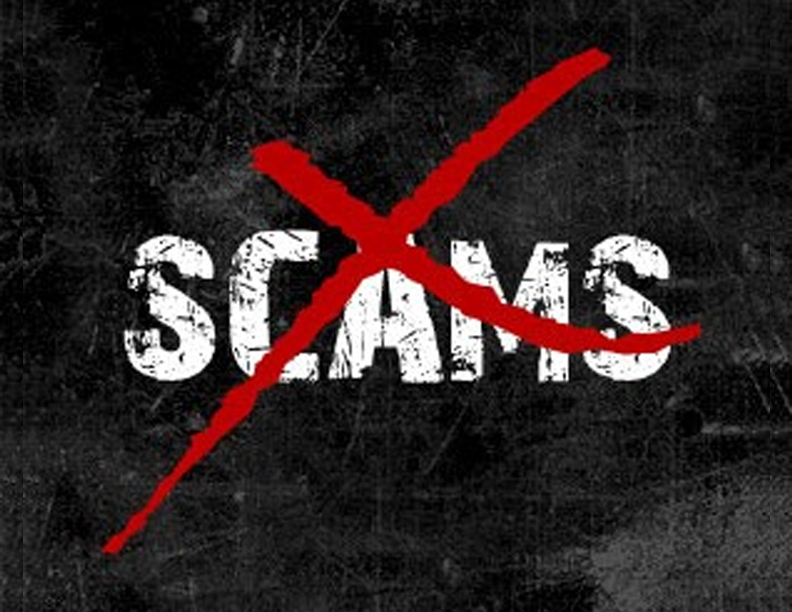AARP Eye Center

The numbers are in and last year was yet another historic year for fraud. The Federal Trade Commission released its annual compendium of fraud reports from 2023, and the news is shocking. For the first time ever reported theft through fraud topped $10 billion. The total is 14% higher than what was reported in 2022 and 5 times greater than reported losses in 2019. Key takeaways from the report include:
- More money – $4.6 billion – was stolen through investment scams than any other type of fraud. Many of the investment scams were tied to cryptocurrency where consumers reported $1.4 billion stolen.
- The most frequently reported scams were impostor scams, where the criminal pretends to be a person, company, or government agency that you trust. The average victim of an impostor scam had $800 stolen from them, according to the report.
- Lastly, the most popular method for criminals to reach their victims in 2023 was email, surpassing text messages and phone calls which led in previous years.
While all these numbers are eye opening the sad reality is that we are only seeing the tip of the iceberg because the vast majority of fraud goes unreported.
Peer-to-Peer Scams
Many of us have used a peer-to-peer (P2P) payment app to split a bill or send money to a friend, and some people even use them for traditional shopping. However, there are inherent risks that exist on these payment apps that everyone should know about.
First and foremost, because they’re as fast and convenient for criminals as they are for consumers, P2P apps – like Zelle, Venmo and Cash App – are favorite tools for modern-day scammers. It’s also important to know that, even though they may be associated with your bank account, no fraud protections exist on P2P apps. Once you press send it is virtually impossible to get your money back.
The keys to staying safe when sending money this way is to avoid out of the blue requests for money and make sure you know the person on the other end. Think of P2P apps as cash. Before you hand over cash that you will never get back you always want to know exactly who you are giving it to.
AARP Connecticut “Freeze Out Fraud” Sweepstakes
Don’t get left out in the cold this spring, enter AARP Connecticut’s “Freeze Out Fraud” sweepstakes. Be a fraud fighter: If you can spot a scam, you can stop a scam.
Register for a chance to win a Stanley Tumbler and an Amazon Basics Cross Cut Paper and Credit Card Home Office Shredder to prevent sensitive documents from getting into the hands of scammers. The AARP Connecticut sponsored sweepstakes will be open and accepting entries until Tuesday, April 30, at 9 a.m. Entries must be received during this time and the first person drawn randomly will be the prize winner.
Learn more about the rules and enter here. NO PURCHASE NECESSARY. Open to legal residents of the fifty (50) United States/District of Columbia. Must be 18 years or older to enter. Only one (1) entry per individual. Official sweepstakes rules can be found here.
Fighting Fraud with AARP Connecticut Webinars
As part of a continuing effort to provide ways to protect people from becoming victims of scams, in February AARP Connecticut launched the free Fighting Fraud with AARP Connecticut bimonthly webinar series. The webinars are free and open to members and non-members of all ages. Registration is required.
The April edition of Fighting Fraud with AARP Connecticut on April 26 at 12 p.m. will focus on scams around Artificial Intelligence. Register for the April webinar event at https://events.aarp.org/FightFraudApril and visit www.aarp.org/CTEvents to find details for the remaining 2024 schedule of events on June 28, August 30, October 25, and December 20. All webinars are on the fourth Friday of the month and begin at 12 p.m.
Explore other free online Scam Prevention classes and discover more of AARP Connecticut’s free in-person and virtual event at www.aarp.org/CTEvents. Report scams to local law enforcement. For help from AARP, call 1-877-908-3360 or visit the AARP Fraud Watch Network at www.aarp.org/fraudwatchnetwork.































































